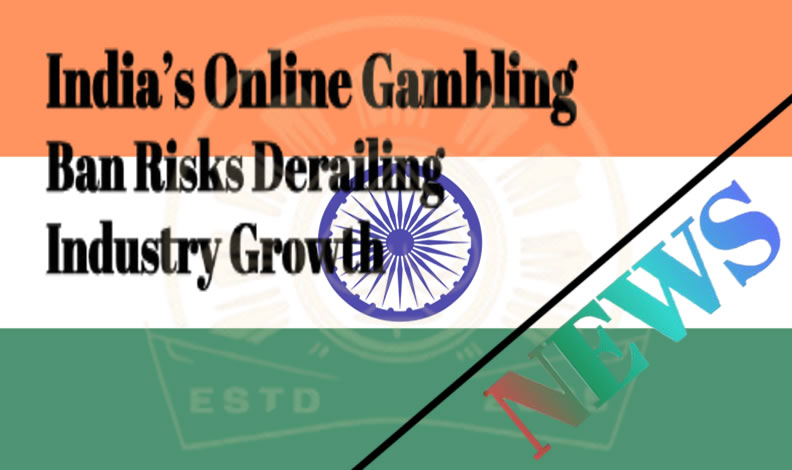India’s blanket ban on online gambling has delivered a heavy blow to one of the country’s fastest-growing digital sectors, wiping out jobs, stalling sponsorships, and sending shockwaves across allied industries, according to iGaming strategist Japneet Singh Sethi.
“The ongoing campaigns have been paused or halted. Recent reports suggested at least 200,000 jobs lost, and related industries — from affiliates to advertising and fintech — were also hit hard”, said to AGB Sethi, Advisor for iGaming Markets, Strategy & Scale.
“Even grassroots sports leagues lost a major chunk of their revenues. Overall, the ban stalled momentum and morale.”
The clampdown has rippled far beyond gaming firms. “It risks derailing a high-potential sector that was contributing billions of dollars to the economy — and this was not just gaming, but fintech, affiliates, cloud services, advertising, events, influencers and more,” Sethi added.
He argued the government has misunderstood the dynamics of the market. “Players need continuity rather than legality. When you ban an industry outright, demand doesn’t disappear — it just moves underground. A controlled regulation with stronger KYC checks and deposit caps, like the UKGC or Malta models, would go a long way,” he said.
For Sethi, the current approach sacrifices long-term opportunities for short-term optics. “India had an opportunity to create a Digital Gaming Authority — something tech-forward, agile, with clarity on taxation, licensing and audits. Even a state-wise pilot regulation could have been introduced. A tiered framework would have been far more sustainable than a blanket ban.”
The impact is also being felt in sport, with fantasy gaming platform Dream11’s sponsorship of India’s national cricket team suddenly uncertain.
“The government sent a clear message by onboarding a new sponsor. But some brands have already pivoted to global markets for visibility, or even into other product segments”, Sethi said. “Until there is legal clarity, they’ll continue to do so. The void left in domestic sports will be harder to fill in the short term.”
Still, he sees space for innovation. “Innovation is a necessity now. There’s room for freemium or subscription-based models, which is a decent market in itself. Social casinos, prediction formats with in-game purchases or virtual currency — without monetary benefits to players — remain an option. Zynga Poker is a great example,” he said. “Online club-based games would also be welcomed by players.”
“The industry surely will get mainstream recognition and structured funding, but it’s also about sanitising India’s digital gaming image — or at least the desire to do so. The target audience is still less monetisable compared to real-money gaming. Esports cannot be seen as a replacement, but rather a parallel growth story.”
His comments follow parliament’s passage of the Promotion and Regulation of Online Gaming Bill, which criminalises card games, poker, and fantasy sports platforms. Officials said online gambling stripped $2.3 billion annually from 450 million Indians, causing widespread financial distress, fraud and even suicides. Offenders now face up to five years in prison.
The government says the law will curb predatory platforms and promote e-sports and educational games as part of its digital economy. Prime Minister Narendra Modi described it as a measure to protect society from the “harmful effects of online money games” while encouraging “constructive digital recreation.”
Dream11 has already suspended its cash contests, while cricket’s governing body said it would comply with all government policies.
But for industry voices like Sethi, the move represents a missed opportunity. “India has the talent, the audience and the capital for gaming to flourish,” he said.



